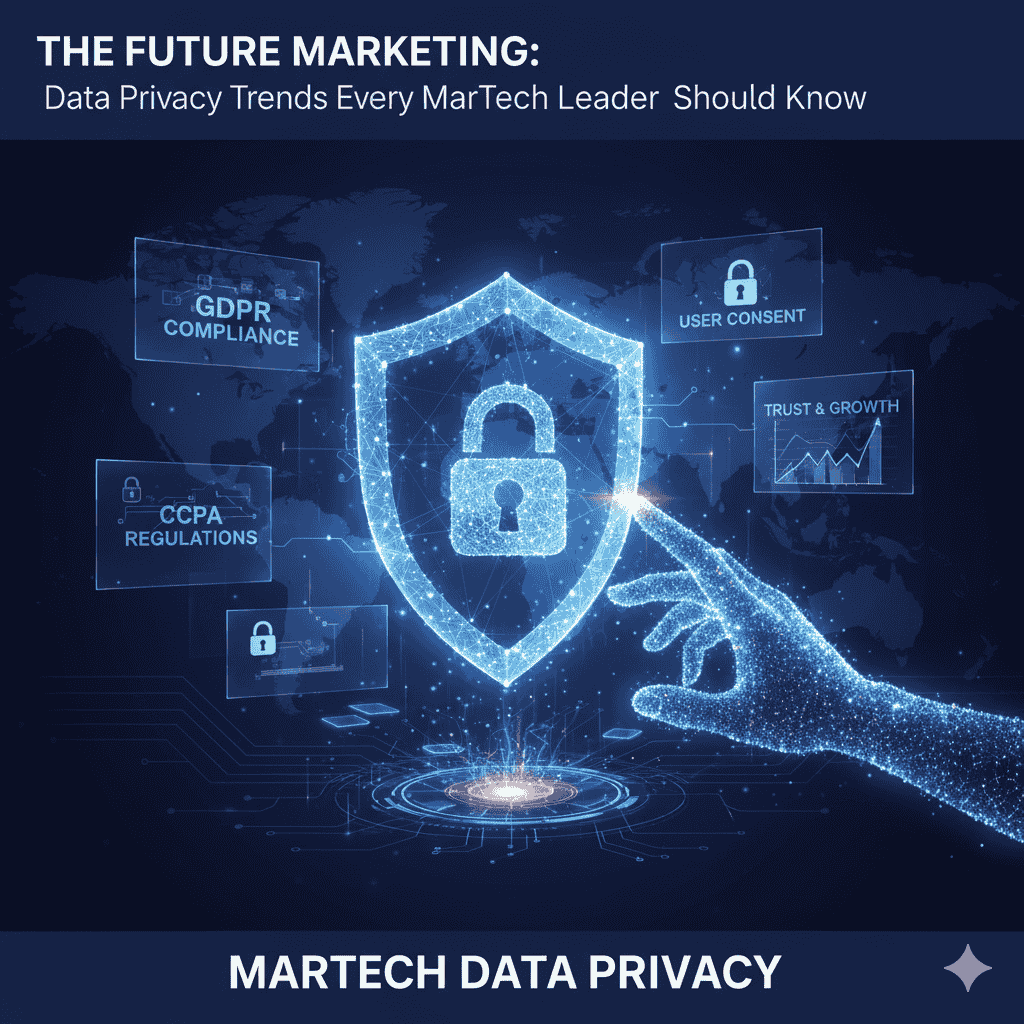In an era where digital marketing technology, or MarTech, evolves at breakneck speed, brands face the dual challenge of fostering innovation while ensuring the privacy and trust of their customers. As businesses integrate cutting-edge solutions to optimize their marketing strategies, the importance of data privacy cannot be overstated. Here’s a guide to navigating this complex landscape.
Understanding the MarTech Landscape
What is MarTech?
MarTech encompasses the tools and technologies that marketers use to plan, execute, and analyze marketing campaigns. This can include anything from customer relationship management (CRM) systems and content management systems (CMS) to analytics platforms and advertising technologies.
The Push for Innovation
AI and Machine Learning
Artificial intelligence (AI) and machine learning are transforming how businesses engage their audiences. These technologies enhance personalization, recommendation systems, and predictive analytics, allowing for more targeted and efficient marketing. Brands leveraging AI can analyze vast amounts of data quickly, providing insights that lead to innovation.Omnichannel Marketing
Modern consumers interact with brands across various touchpoints. Seamless omnichannel marketing solutions help businesses orchestrate personalized experiences across channels. For instance, integrating email, social media, and in-app messages can create a more cohesive customer journey.- Automation Tools
Marketing automation has become vital for operational efficiency. Automates tasks like email campaigns, social media posting, and even complex workflows enable businesses to scale their efforts while maintaining quality.
The Imperative of Data Privacy
With the implementation of regulations like the General Data Protection Regulation (GDPR) and the California Consumer Privacy Act (CCPA), data privacy has become a top concern for marketers and consumers alike. Here’s how brands can navigate this critical area:
Transparency and Trust
Consumers are increasingly wary of how their data is used. Being transparent about data practices builds trust. This includes clear privacy policies, easy opt-in and opt-out mechanisms, and a commitment to data security.Consent Management
Acquiring explicit consent to collect and process personal data is crucial. Utilizing consent management platforms (CMPs) allows brands to manage permissions efficiently, ensuring compliance without sacrificing customer insights.- Data Minimization
Collect only the data necessary for marketing objectives. Data minimization not only reduces privacy risks but also streamlines data management processes. By focusing on quality over quantity, brands can better respect consumer privacy.
Balancing Innovation and Privacy
Incorporate Privacy by Design
Integrate privacy considerations at the inception of any new technology or marketing strategy. This approach ensures that data protection measures are built into innovations rather than added later, creating a robust framework for handling data responsibly.Invest in Privacy-First Technologies
Select MarTech solutions that prioritize privacy. Platforms that offer features like encryption, anonymization, and secure data storage can help brands innovate without compromising customer trust.- Regular Audits and Training
Conduct regular audits of data practices and technologies to ensure compliance and effectiveness. Employee training on data privacy regulations and best practices can create a culture of accountability within the organization.
Looking Ahead
As marketers continue to innovate, the dual focus on technology and data privacy will only intensify. The future of MarTech lies in approaches that prioritize ethical considerations alongside technological advancements.
Conclusion
Navigating the MarTech landscape requires a careful balance between driving innovation and respecting data privacy. By prioritizing transparency, consent management, and privacy-focused practices, brands can create meaningful and trustworthy relationships with their customers while embracing the potential of modern technology. As the MarTech landscape evolves, those who adapt to the changing tides of innovation and privacy will thrive in this competitive environment.








